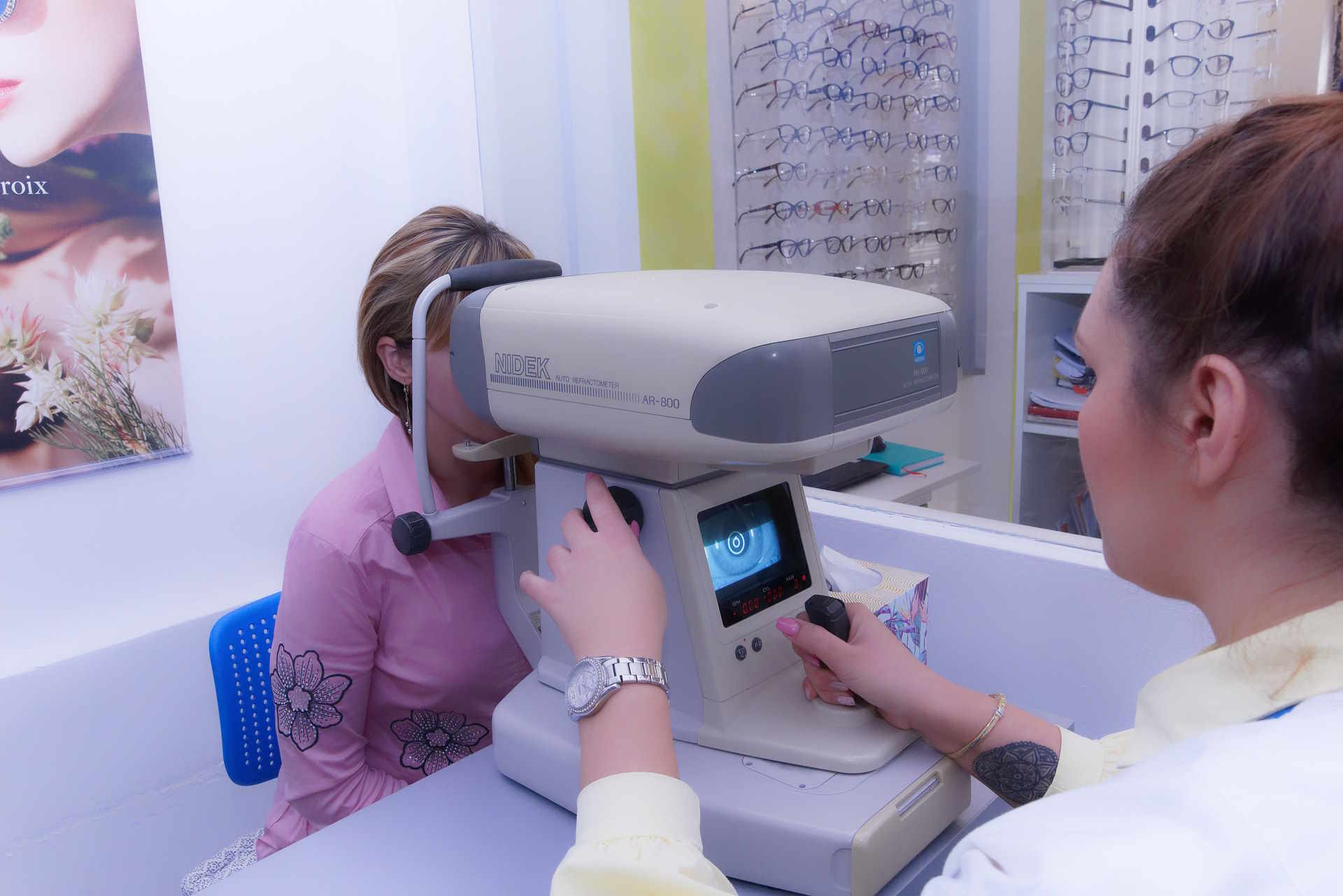Fast‑Track Your Nursing Career: A Guide to Accelerated 1‑Year Programs
Thinking of becoming a nurse but short on time? Accelerated 1‑year nursing programs condense essential coursework and clinical experience into a focused timeframe. This guide breaks down admissions criteria, curriculum structure, career potential, and how fast-track options compare to traditional pathways.

What Can You Expect in a 1-Year Accelerated Nursing Program?
Accelerated nursing programs are designed for students who hold a bachelor’s degree in another field and want to transition into nursing quickly. These programs are incredibly rigorous, combining comprehensive theoretical knowledge with hands-on clinical training. Typically, students can expect an immersive curriculum that includes advanced medical sciences, patient care techniques, pharmacology, and specialized nursing practices.
The typical weekly schedule involves intensive classroom instruction, laboratory work, and clinical rotations. Students often spend 30-40 hours per week in various healthcare settings, gaining real-world experience in hospitals, clinics, and community health centers. The condensed format means coursework is more concentrated and fast-paced compared to traditional nursing programs.
Requirements for Entering Accelerated Nursing Training
Admission to accelerated nursing programs is competitive and requires specific prerequisites. Most programs mandate:
-
A bachelor’s degree from an accredited institution
-
Minimum GPA of 3.0
-
Completed prerequisite courses in sciences (biology, chemistry, anatomy)
-
Competitive entrance exam scores
-
Personal statement demonstrating commitment to nursing
-
Letters of recommendation
-
Background check and health screenings
How Accelerated Tracks Shorten Nursing Career Timelines
Traditional nursing degrees typically take 3-4 years, while accelerated programs compress the journey to just 12-18 months. This condensed timeline allows students to leverage existing academic credits and transfer relevant coursework. By focusing exclusively on nursing-specific curriculum, students can enter the workforce faster than traditional pathways.
Post-Graduation Outcomes from Fast-Track Nursing Programs
Graduates of accelerated nursing programs often experience robust job prospects. The Bureau of Labor Statistics projects nursing employment will grow 6% between 2022-2032, with an estimated 193,100 job openings annually. Many graduates find opportunities in:
-
Hospitals
-
Outpatient care centers
-
Private practices
-
Specialized medical units
-
Public health organizations
Cost Considerations for Accelerated Nursing Programs
| Program Type | Average Annual Cost | Program Length | Total Estimated Cost |
|---|---|---|---|
| Traditional BSN | $40,000 - $100,000 | 4 years | $160,000 - $400,000 |
| Accelerated BSN | $50,000 - $120,000 | 1-1.5 years | $50,000 - $180,000 |
Prices, rates, or cost estimates mentioned in this article are based on the latest available information but may change over time. Independent research is advised before making financial decisions.
Differences Between 1-Year and Traditional Nursing Paths
The primary distinctions include program intensity, time commitment, and student demographics. Accelerated programs attract career-changing professionals with diverse backgrounds, while traditional programs typically serve younger, direct-entry students. The accelerated format demands higher academic preparation and personal dedication.
Accelerated nursing programs represent an innovative approach to healthcare education, offering a rapid and focused pathway into nursing for motivated individuals. While challenging, these programs provide an exceptional opportunity to transform career aspirations into professional reality.
Disclaimer: This article is for informational purposes only and should not be considered medical advice. Please consult a qualified healthcare professional for personalized guidance and treatment.




